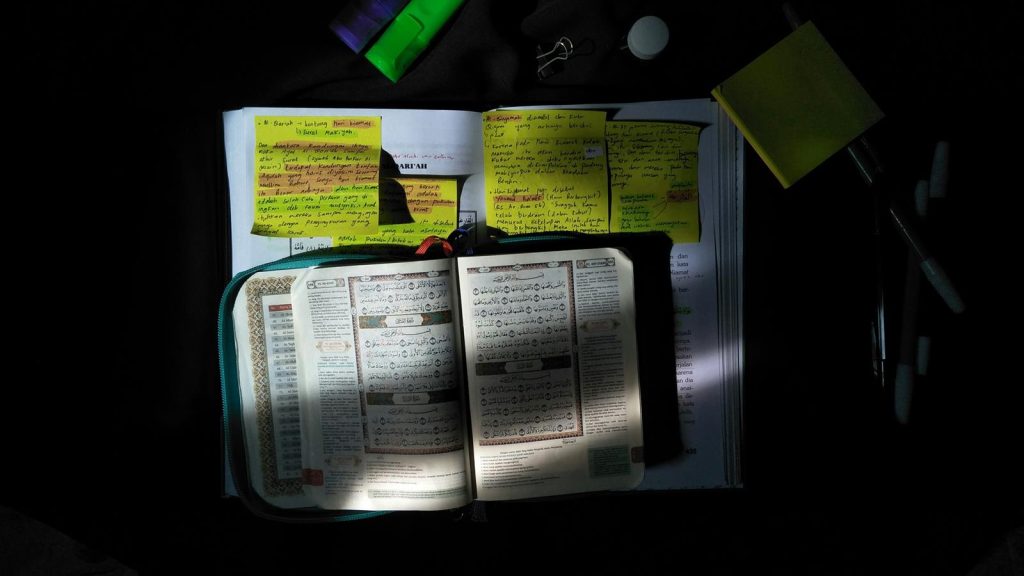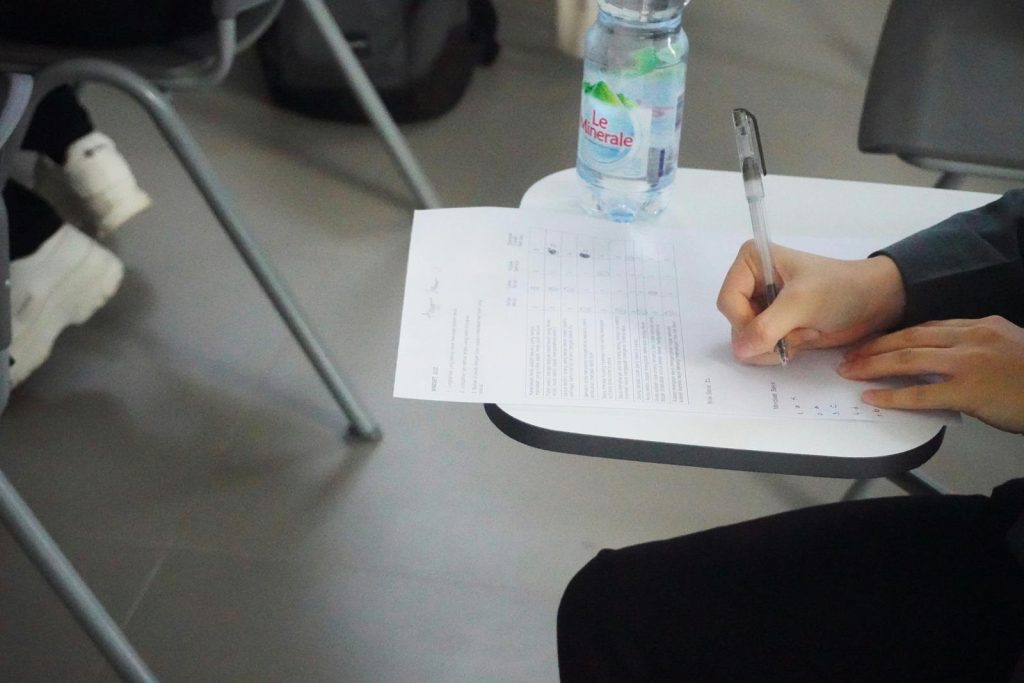Exams are looming, flashcards are scattered across the table, and tension is building in homes up and down the country. Whether your teenager is revising for their GCSEs, A-levels, or mock exams, study season often brings with it a mix of pressure, procrastination, and panic.
As a parent, you want to help. You want to say the right thing, strike the right balance between encouragement and space, and keep spirits high while motivation starts to dip.
One of the simplest, most effective ways to support your teen’s mindset, and even your own, is to introduce the idea of writing a letter to their future self.
This isn’t just a creative writing task. It’s a neuroscience-informed tool that taps into intrinsic motivation, identity-building, and long-term goal setting. It helps teens stay connected to the why behind all the effort they’re putting in, and gives them something emotionally grounding to return to on tough days.
Let’s explore how it works.
What Is a Future Self Letter?
A future self letter is exactly what it sounds like. It’s a personal message written by your current self to the version of you who exists at some point in the future.
That could be:
- The morning of your last exam
- Results day
- Your first day at college or sixth form
- Even five years down the line, reflecting on your younger self with pride
The letter is private, honest, and affirming. It becomes an anchor for motivation, especially when revision feels repetitive or overwhelming.
Why It Works: The Science Behind It
At Futureality, we don’t just encourage visualisation and journaling because they sound nice. We recommend them because they are backed by cognitive neuroscience.
Writing a letter to your future self activates the prefrontal cortex, the part of the brain responsible for planning, decision-making, and imagining future outcomes. This strengthens goal-directed behaviour, a key factor during exam season when short-term effort must be linked to long-term rewards.
It also engages the Reticular Activating System (RAS), the brain’s filter that helps us focus on what matters most. By imagining their future self and connecting emotionally to the outcome they desire (confidence, success, relief, pride), students are more likely to filter distractions and prioritise what matters.

Motivation Is About Meaning
We often assume that the biggest challenges to study season are to do with ability. But more often, they’re about motivation. And motivation isn’t always about pushing harder. It’s about connecting to meaning.
When a teenager writes to their future self, they’re not just repeating the usual revision mantras. They’re emotionally engaging with why they’re putting in the work.
It becomes more than just “get a good grade.” It becomes:
- “I want to feel proud of how I handled this season.”
- “I want to prove to myself that I didn’t give up.”
- “I want to feel like I gave it my best shot, even if it was hard.”
These reasons are personal. They create buy-in. They help teens take ownership of their study process, and that’s where motivation lives.
How to Write a Future Self Letter During Exam Season
Here’s how your teen (or you, as a parent) can get started. You can write one together, or encourage your child to do it privately. There’s no wrong way, just a few simple suggestions to shape it.
1. Choose a Future Moment
Pick a specific time. For example:
- The night before their final exam
- Results day in August
- When they open their university or college acceptance email
- Just after they’ve completed their first proper job application
2. Write in a Calm, Encouraging Voice
The letter should sound like a wiser, kind version of themselves—not a teacher or a critic. Remind them they are not expected to know everything or feel perfectly motivated all the time.
3. Include Key Reflections
Encourage them to cover:
- What they’re currently working on
- What’s hard right now
- What they hope to feel when the exams are over
- Any personal goals they’re working toward (not just academic ones)
- What they want their future self to remember or appreciate
Example: A Future Self Letter for GCSE Students in Study Season

Here’s a sample you can use for inspiration.
Dear Me (on results day),
I hope today you’re feeling proud, no matter what results are on that paper. I know how much work you’ve done….how many early mornings, how many times you revised the same topic just to get it to stick.
Right now, as I’m writing this, I’m tired. Some days I feel like I’m doing well, and other days I feel behind. I worry about what happens if I don’t get the grades I want. But I’m trying. And I’m showing up, even when I don’t feel like it. That has to count for something.
I hope when you read this, you remember what this version of you went through. How much pressure you carried. How hard it was to focus when your brain just wanted to rest.
No matter what happens, I want you to remember that you showed up. That you didn’t give up. And that’s what success really is.
From,
Me (in the middle of revision)
What Parents Can Do
You don’t need to write a letter for your child. But you can model the practice. Maybe you write your own letter to the version of yourself that sees your child walk into their last exam, knowing they made it through. Maybe you write to your teen and leave it for them to find.
Here are a few ways to support the process:
- Print out a Futureality journaling template and leave it on their desk
- Write a short note to them as if it’s from their future self: “Thank you for staying strong. You’ve got this.”
- Use Futureality-style prompts at dinner: “What would your future self thank you for doing today?”
Studying for exams is hard, especially in study season. It asks a lot from young people who are still figuring out who they are. But the power of writing a letter to their future self is that it brings their why into focus. It reminds them that this moment, however stressful, is part of a bigger story.
And when they’re sitting in the exam hall, or waiting for results, or walking into a new chapter of their lives, they’ll have something powerful waiting for them.
A letter that says, I believed in you before you even knew if you could do it.
Create your future self help letter now for help in study season